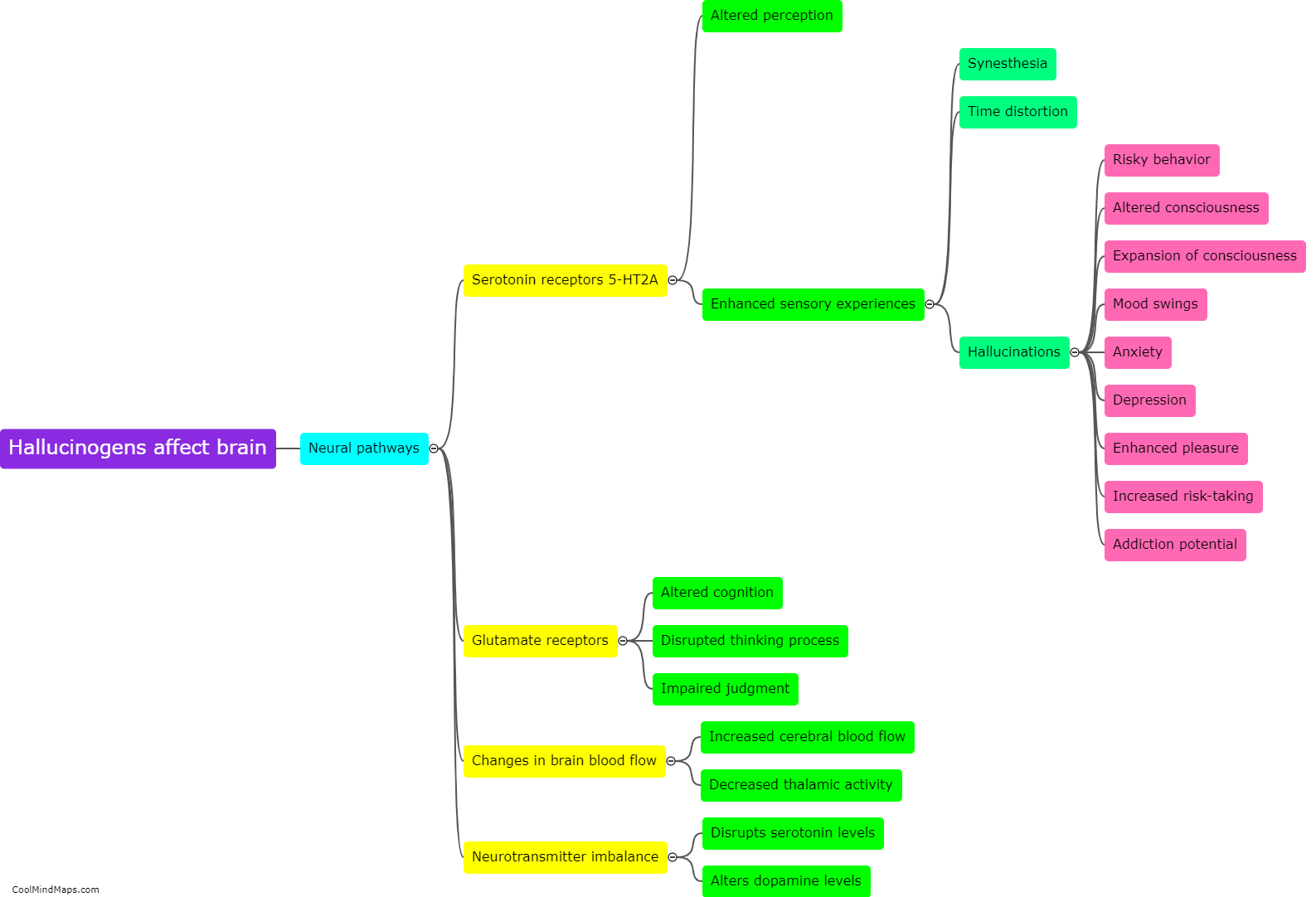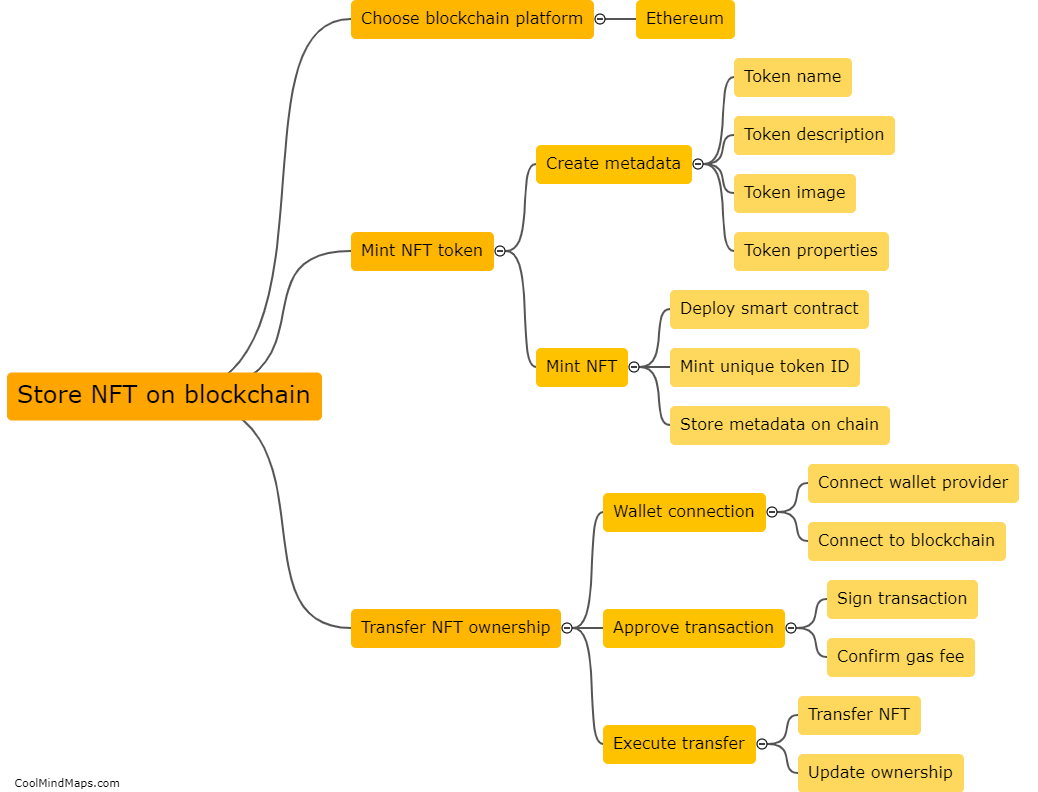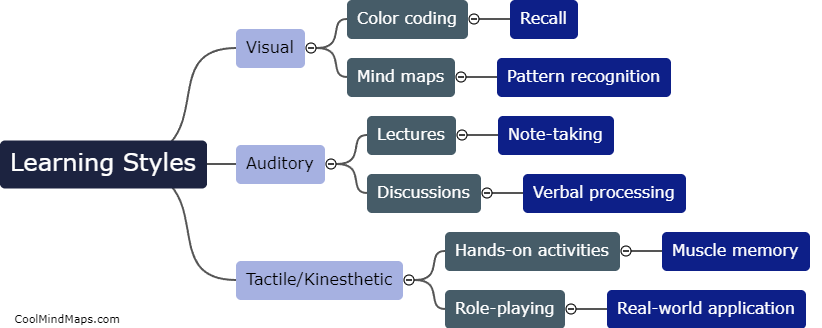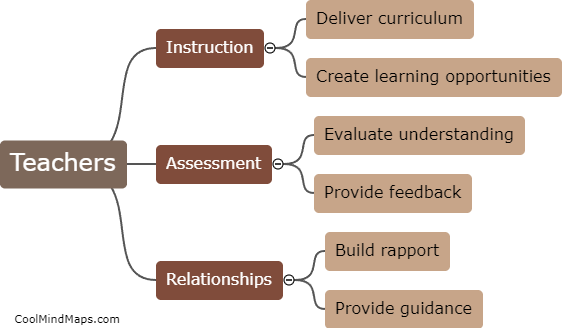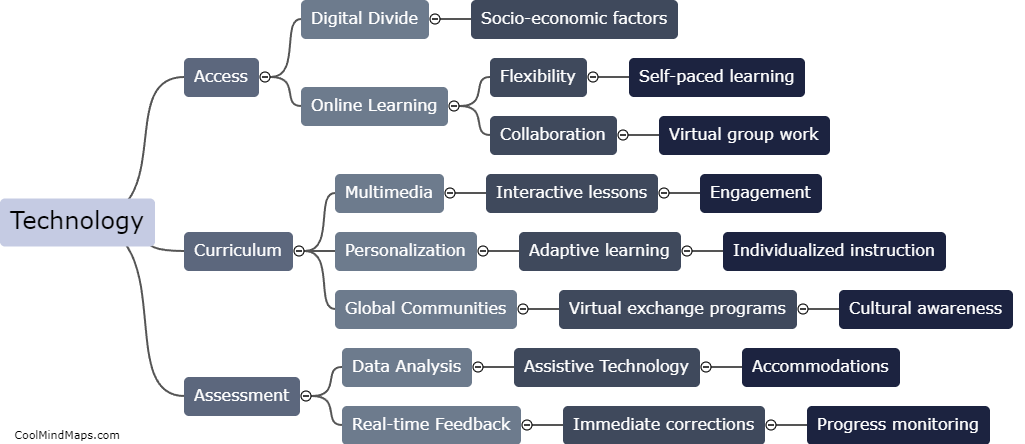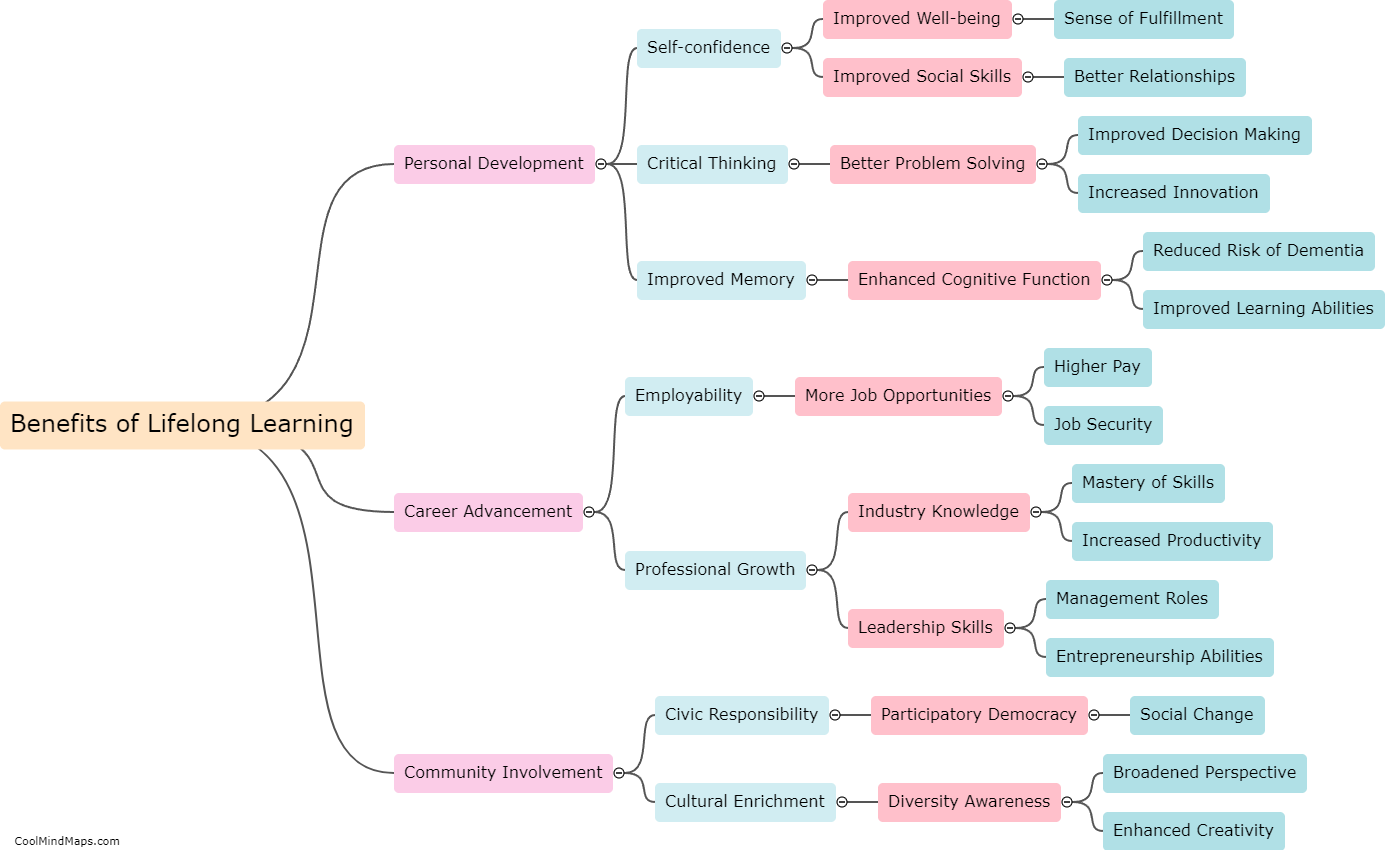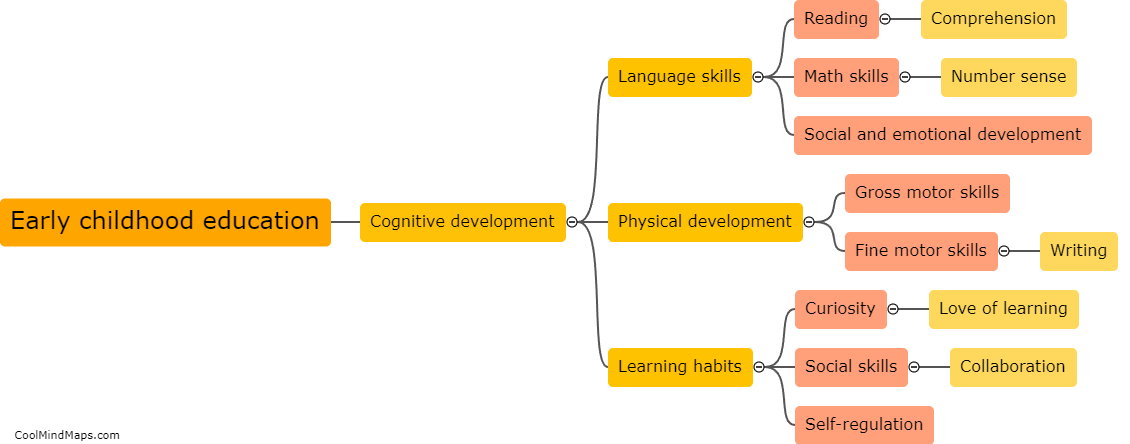How does culture influence learning?
Culture plays a significant role in shaping the way people learn, as it affects the way they perceive and interpret information. The values, beliefs, and customs that are ingrained in a particular culture can influence how individuals approach learning activities and interact with teachers and peers. For example, in some cultures, rote memorization is highly valued and viewed as an effective way to learn, while in others, critical thinking and problem-solving skills are emphasized. Culture also shapes the types of knowledge and skills that are prioritized in education, as well as the methods used for teaching and assessment. Overall, understanding the cultural context of learners is crucial for educators to create effective learning environments that cater to the diverse needs and preferences of students.
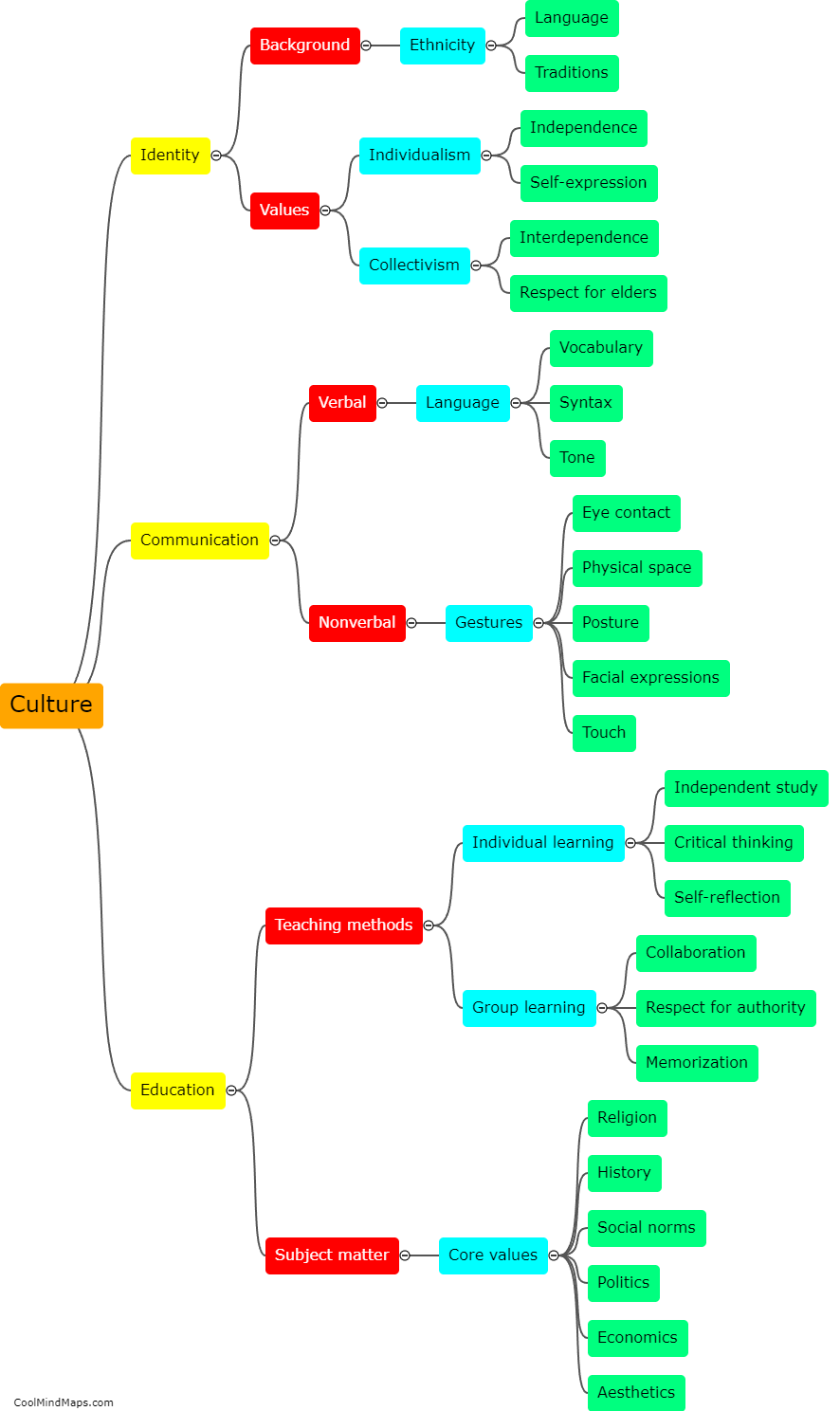
This mind map was published on 20 April 2023 and has been viewed 130 times.

